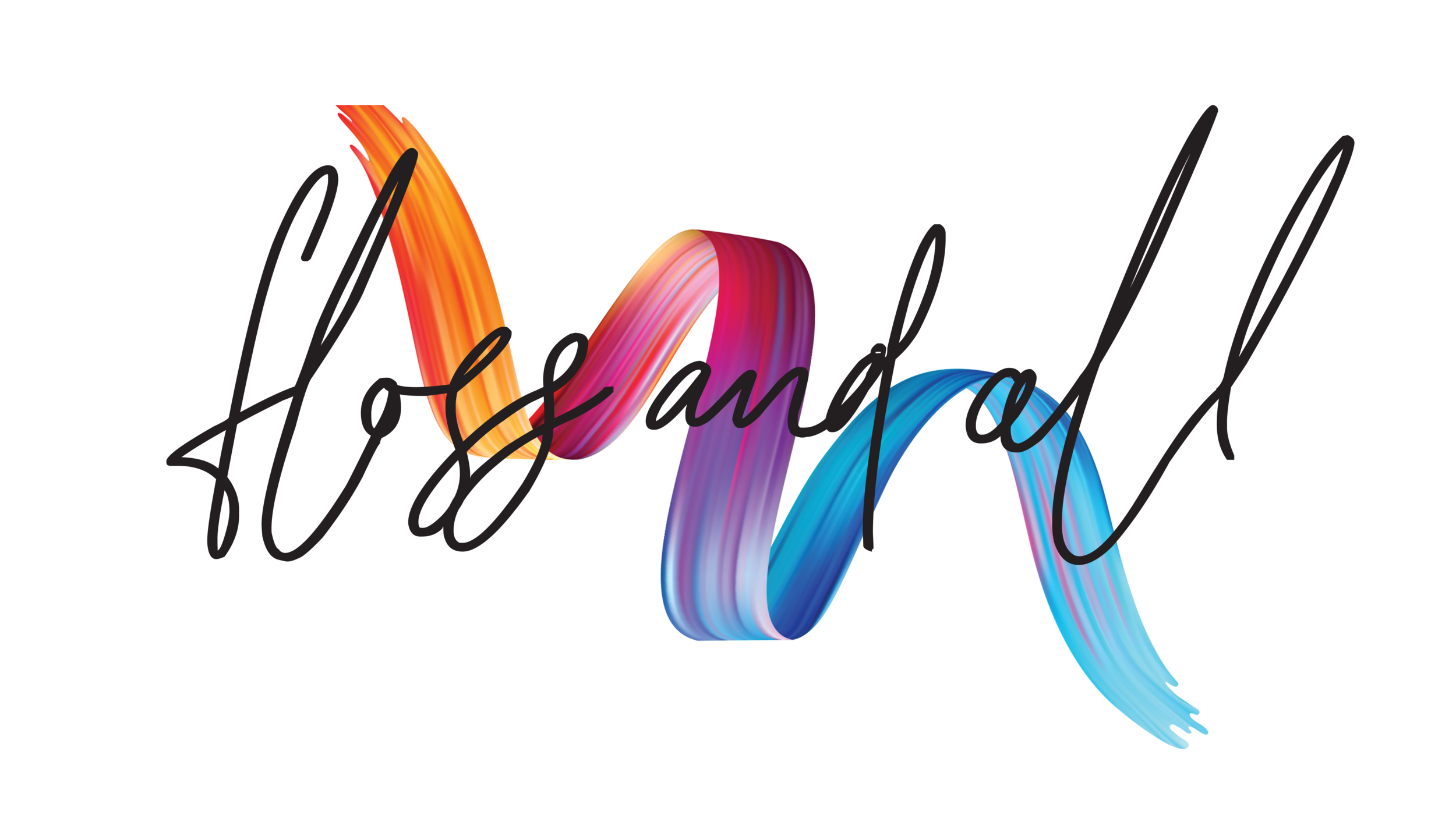Active Studying: It's a Thing!
August 26, 2015
I recently finished taking my second class at Columbia University’s Teacher’s College. Pursuing this dual degree at times felt like something extra I was doing that had no true purpose, but after finishing Summer A and B, I am reassured that I was born to educate and be educated. I relish in this gift and opportunity.
I learned a curious thing in this course. While science has known certain things about the nature of cognitive psychology, how people learn, and the barriers to success in academics, we as students have been denied the knowledge.
Particularly, we, as minority students, have been made to feel that it is not our approach but our appearance and aptitude that is causing us to lag behind.
Take this factoid from Ericsson et al’s “The Role of Deliberate Practice in the Acquisition of Expert Performance”:
Schulz and Curnow (1988) found that throughout the history of the Olympic Games, the best performance for all events has improved—in some cases by more than 50%. It is generally recognized that some of these improvements are due to equipment and rule changes, but improvements are great even in events with minor changes, such as running and swimming.
How exciting is it to know, that the limits of human performance are not fixed. There is no bar. In fact, a person is only limited by their own determination to excel. In truer fact, a person is fully capable to transcend their current situation and comprehension.
Also:
In the absence of adequate feedback, efficient learning is impossible and improvement only minimal even for highly motivated subjects. Hence mere repetition of an activity will not automatically lead to improvement in, especially, accuracy of performance
This is so key for us as students. How many times do we find ourselves locked away repeating a task (for ex/ reading over lecture slides) over and over again. This is not getting us anywhere! Without feedback on our performance, i.e. quizzing ourselves, how can we hope for gainful reflection?
Active reading, listening, studying is key. I fear that in a world of high tech, rapid fire and easily accessible information, where knowledge is fleeting and confined to character limits, we as students have elected to take the easy way out. The truth is, we are doing more harm than good. I, for one, have often put off active studying for a mere passive look at slides in hopes that the information would saturate the gyri of my brain by diffusion. The other truth is that this is actually wasting time. The trade off for students appears to be that a quick pass will save time studying, however, nothing good can come of this. It is better to truly engage the study material and take the time to ask “do I really understand this? Could I rephrase this? If someone asked me, could I help them to get it too?” then to just assume that we get it. Research has shown that students often overestimate their ability to memorize.
I find many of these findings to be so eye-opening. They make perfect sense, and the fact that the research exists to back up my mother’s admonitions to test myself and make sure I really get what I’ve just read, no matter how many hours I logged in the library is a nudge in the right direction. I have often wondered if I was smart enough, bright enough, etc to accomplish some of the pursuits I have taken on. What sweet a privilege it is to have never wondered this? My battle's with self doubt, while personal, represent a generation and culture of students who are not given the same weapons with wish to enter the battle that is American academics. I delight in knowing that the weapons exist, now to figure out how to distribute them to all.
